I love bridging worlds: Today’s article focuses on Lessons from Arabian Nights for Modern Feminism. The legendary story of Shahrazad from the Arabian Nights, also known as the Tale of 1001 Nights, has captivated readers for centuries. It’s more than just a classic tale, it holds profound lessons on healing and unity.
In a time where modern feminist discussions center on criticizing men in the name of female empowerment, Shahrazad’s story reminds us of the importance of uniting to recognize and celebrate the unique qualities each of us contributes to the whole.
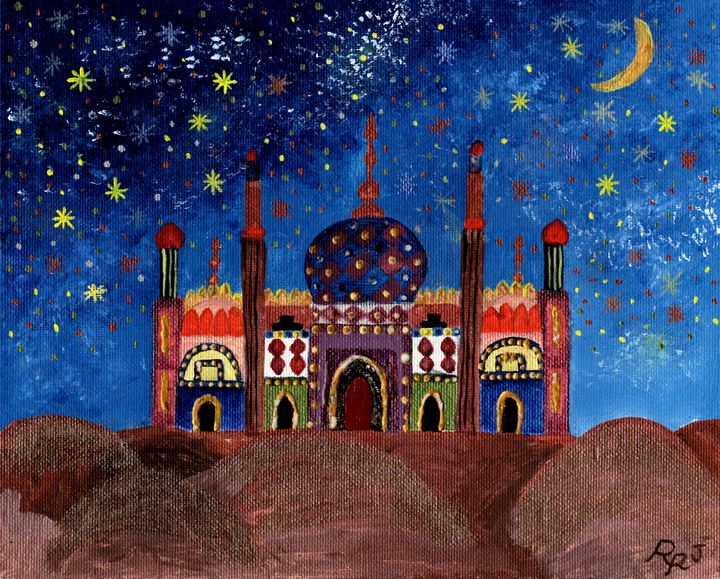
Shahrazad’s Healing Power
Shahrazad story begins with King Shahryar, a ruler deeply bittered and betrayed by his former wife’s infidelity, leading to her execution.
As a response to his heartbreak and anger, King Shahryar adopted a grim practice: he would marry a new virgin wife each day and have her executed the following morning to ensure her faithfulness.
Many families fled elsewhere to protect their daughters from the king’s wrath.
Shahrazad’s father also begged his daughters to leave, but instead of listening to her father’s cry she volunteered to be the kings next bride.
Recognizing the magnitude of the situation, instead of seeking revenge, she embarked on a mission to heal the king’s wounded heart and, in the process, save countless women’s lives.
On her wedding night, she made a last request—to have her sister’s company. The king agreed, and Shahrazad began telling her first story.
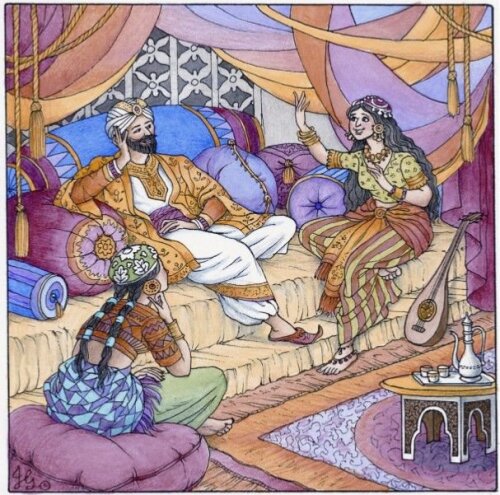
So captivating and mesmerising were her charm and her storytelling capabilities, it was almost dawn before anyone realized it.
She cleverly left the story incomplete, intriguing the king’s curiosity. The king postponed her execution to hear the end of the tale.
With the help of her sister, Shahrazad, night after night, continued this pattern. She wove intricate and engaging stories, each ending on a cliffhanger, ensuring that King Shahryar spared her life to hear the conclusion.
This continued for 1,001 nights, during which time she shared a vast array of stories, including myths, fairy tales, legends, and folk tales.
As the stories unfolded, Shahrazad’s wisdom and moral lessons began to soften the king’s heart. He grew attached to her and ultimately, recognized the cruelty of his actions. Instead of executing her, he ended up having 3 children with her through the course of 1001 nights.
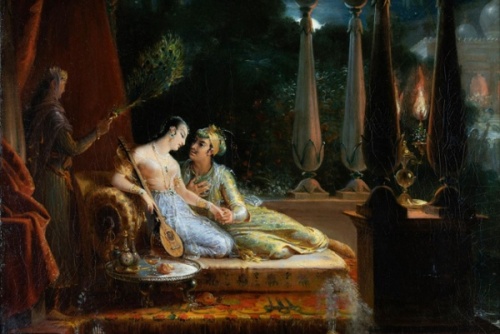
The story of Shahrazad is celebrated for her intelligence, storytelling, and her ability to use narrative to change the heart and mind of a tyrant.
Herein lies an important lesson we can draw from her tale: Shahrazad doesn’t confront the king with anger or hatred but with a profound desire to heal his soul.
Unity Over Power Struggles
One of the crucial aspects of Shahrazad’s tale is her ability to engage the king’s intellect and emotions.
Instead of trying to overpower him, she connects with him on a deeper level. In today’s modern feminist dialogues, the emphasis should be on unity and collaboration rather than power struggles. True progress can only be achieved when both genders work together as allies, rather than adversaries.
Shahrazad’s storytelling not only keeps her alive but also opens the king’s heart to love and transformation.
Not Becoming A Passive Victim
While her situation was dire, she didn’t allow herself to become a passive victim. Instead, she seized control over her fate and used her unique talents to make a difference.
There Healing Power Of Unity
The story of Shahrazad and the Arabian Nights offers a timeless and relevant message for our modern world.
It teaches us that true progress is not achieved through anger, hatred, or power struggles, but through understanding and the celebration of differences.
Shahrazad doesn’t try to become the king’s equal in strength or authority; instead, she harnesses cleverness and nurturing power to heal his soul.
In modern times, feminism should similarly focus on celebrating the unique qualities and contributions of both genders rather than pitting them against each other.
Men and women have different strengths and perspectives, and it is through acknowledging and celebrating these differences that we can truly progress towards a more unifying society.
Check Out Our Erotic Touch Video Course









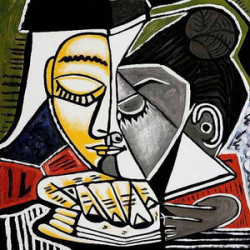














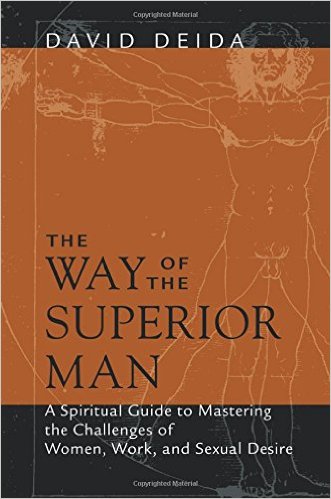
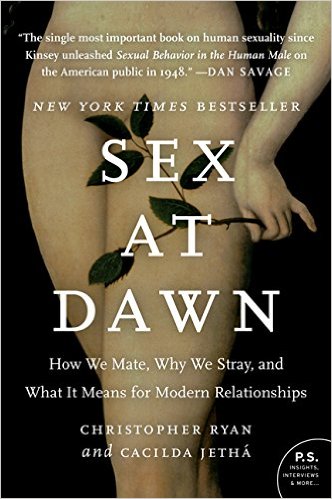

Follow US